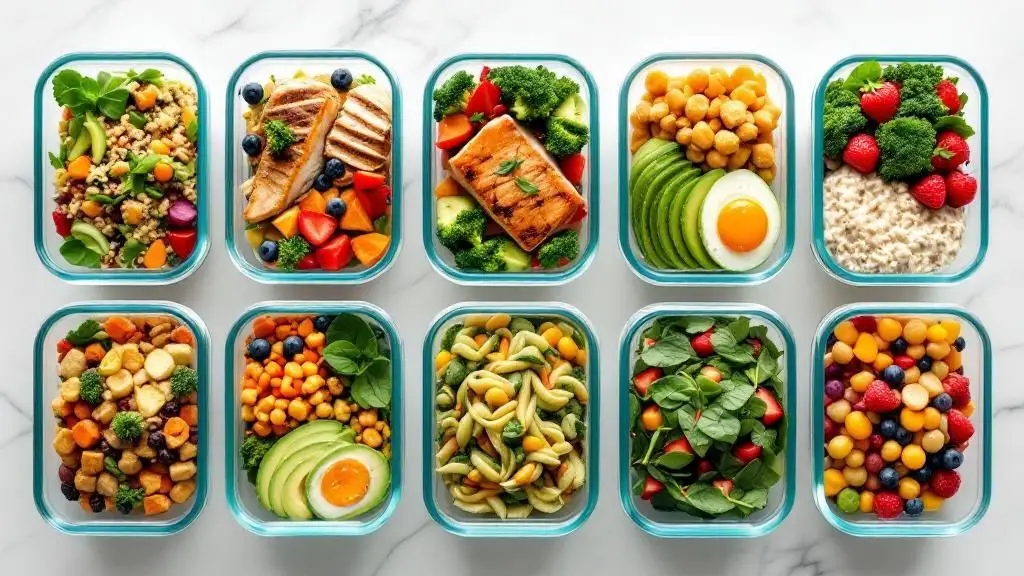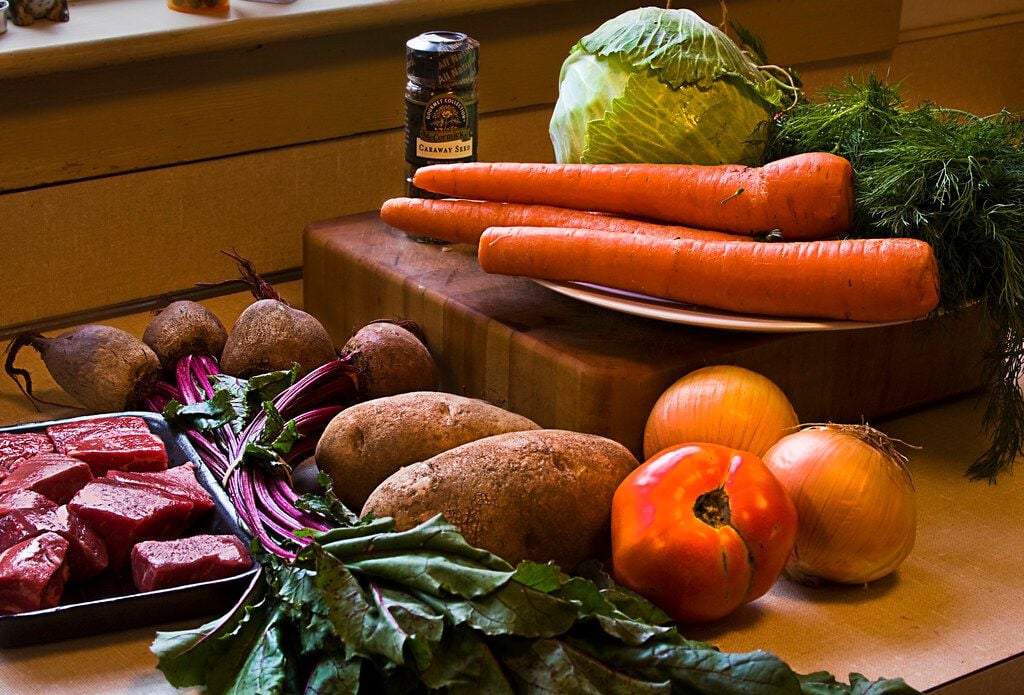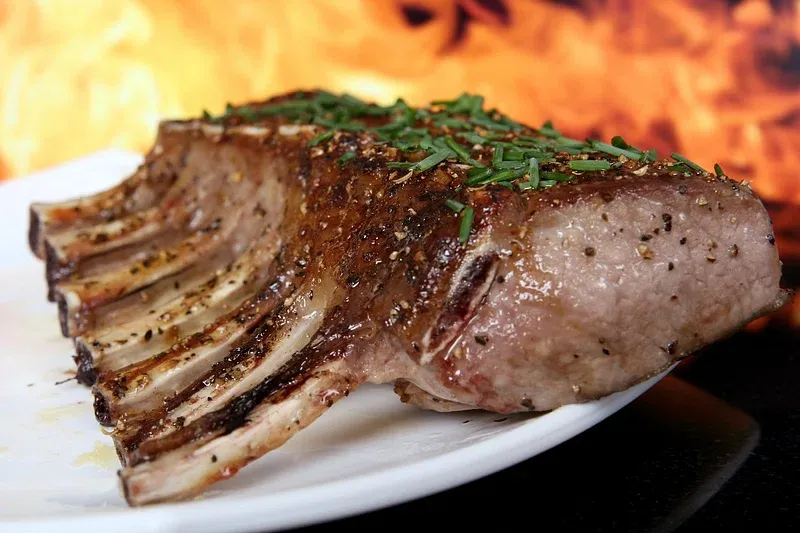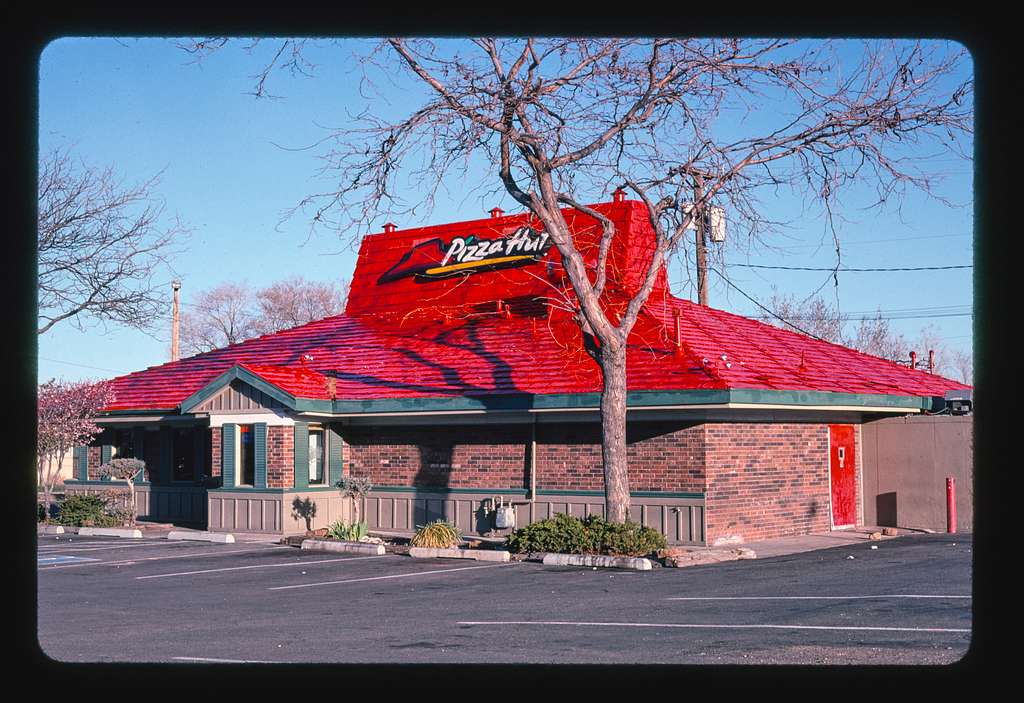
Maximizing Flavor and Longevity: The Ultimate Guide to Storing Cooking Oil
- Apr 19, 2024
Do you feel confident in your cooking oil storage knowledge? Or maybe you’re just realizing that proper storage can extend the life and enhance the taste of your oils. Cooking oils can be somewhat tricky, each requiring different conditions-be it in the fridge, on a countertop, or stashed away in a cupboard. Here's a rundown to help you unravel this mystery and ensure your oils remain at their prime.
The stability and shelf-life of each cooking oil depend on their individual fatty acid compositions. The oils can deteriorate under excessive light, heat, and exposure to air, making them rancid. Not only do these rancid oils taste awful, but they can also release harmful radicals. Correct storage conserves the oils’ flavor, nutritional value, and cooking characteristics. After purchase, consider redistributing bulk oils into smaller, clean, and dry containers with rigorous seals to help prolong their life.
Embarking on culinary expeditions in the kitchen often results in an ever-growing assortment of cooking oils. Here’s a guide on how to get the maximum use of each oil.
Avocado oil should be stored in a cupboard or pantry where it remains hidden from direct light. Once open, it typically lasts for about 6 to 8 months when stored in the pantry or slightly longer if refrigerated. Always refer to the expiration date on your specific bottle for accurate information. If it exudes a waxy scent or smells like children's play-doh, your avocado oil has likely become rancid and should be discarded.
Extra virgin olive oil, or EVOO as it's often abbreviated, comes in a green glass bottle or a tin container to shield it from direct light. It should be kept in a cool, dark place with containers that thwart light, like ceramic, tinted glass, or stainless steel vessels. After opening, EVOO should ideally be used within three to six months for optimum freshness but can safely be consumed for up to a year if stored well. The telltale sign of rancidity in olive oil is an odor resembling crayons or putty, indicating that it's no longer edible.
Nut oils, including walnut, hazelnut, almond, and pistachio, due to their high polyunsaturated fat content, are highly susceptible to oxidation and rancidity. Storing these oils in the refrigerator in airtight and preferably dark glass containers can slow down the oxidation process and uphold their rich flavors. These oils should ideally be used within three to six months but can last up to a year if adequately refrigerated and sealed.
Unrefined coconut oil, or virgin coconut oil, should be kept cool and dark, like in your pantry or cupboard. Although it doesn’t require refrigeration, it should be kept away from direct light and heat. An airtight jar minimizes air exposure, which can hasten spoilage. When stored correctly, it stays fresh for up to two to three years. Don't be alarmed if it liquefies at room temperature; this doesn't compromise its quality.
Refined coconut oil, though more heat-resistant than its unrefined counterpart, should also be stored in a cool, dark place. Kept in an airtight container, it stays fresh for approximately 12 to 18 months and typically lacks the distinctive coconut taste and aroma found in unrefined oil due to its processing.
Vegetable and canola oils, my kitchen staples due to their neutral taste, should be stored in a cool, dark place, far from heat sources, to maintain their quality. Keep these oils in their original containers, sealed tightly to shield against light and air. Typically, if stored properly, these oils can stay good up to 18 months. Always check for any signs of spoilage, like an odd smell or taste, especially if you don’t use them often.
Finding that your cooking oil has become rancid can be discouraging, but it’s essential to discard it correctly. Pouring it down the drain is not recommended as it can clog your plumbing and harm the environment. Here are a few disposal methods that are safe for your plumbing system and environment.






